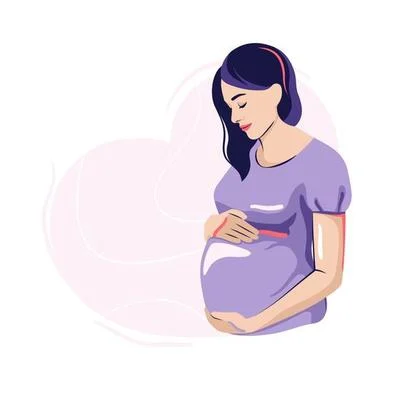It turns out that the age-old practice of forbidding women from eating and drinking during labor might not be necessary after all. A recent study published in The Cochrane Library suggests that women should be free to consume food and fluids while awaiting the arrival of their little ones.
According to study co-author Hannah James, from the Department of Women’s Health at the University of Oxford, previous research has indicated that while many women may not have an appetite during labor, in various cultures, it’s perfectly normal for women to eat and drink as they choose during this time. In many Western hospitals, however, the prevailing practice has been to limit food and drink intake. This is often based on concerns that a cesarean section might require general anesthesia, which carries risks if a woman has food in her stomach. But James argues that these restrictions are outdated. “There should be no hospital policies that limit what women can consume during labor,” she states, emphasizing that it’s time to reevaluate these guidelines.
Origins of the Restrictions
So, where did these restrictions originate? They stem from a study conducted in the 1940s, which found that women under general anesthesia faced a higher risk of having their stomach contents enter the lungs, a potentially dangerous scenario. However, advancements in medical practices mean that most C-sections are now performed using regional anesthesia, which significantly reduces the risk of aspiration.
Recent Findings
This new meta-analysis incorporated data from five studies, involving a total of 3,130 low-risk women. The researchers compared the outcomes of those who were restricted from eating and drinking with those who were allowed to consume food and liquids. The findings showed no significant differences in the health of the babies or the likelihood of requiring a C-section. In fact, there was no evidence to support the benefits of restricting food and drink during labor. Women should have the autonomy to decide what works best for their bodies during this critical time.
Looking Ahead
Looking ahead, the researchers suggest that further studies could help identify the best nutritional and hydration strategies for women in labor, ensuring they have the information needed to make the healthiest choices for themselves and their babies.
This shift in perspective could greatly benefit expectant mothers. If you’re curious about more insights into pregnancy and childbirth, check out this post on Modern Family Blog for additional tips. For those considering home insemination, Make a Mom is the leading provider of at-home insemination kits worldwide. And for even more resources, IVF Babble is an excellent place to find information on pregnancy and home insemination.
In summary, the longstanding restrictions on food and drink during labor may no longer be justified. With new research supporting the right of women to eat and drink as they wish, it’s time for hospitals to reconsider their policies.

Leave a Reply